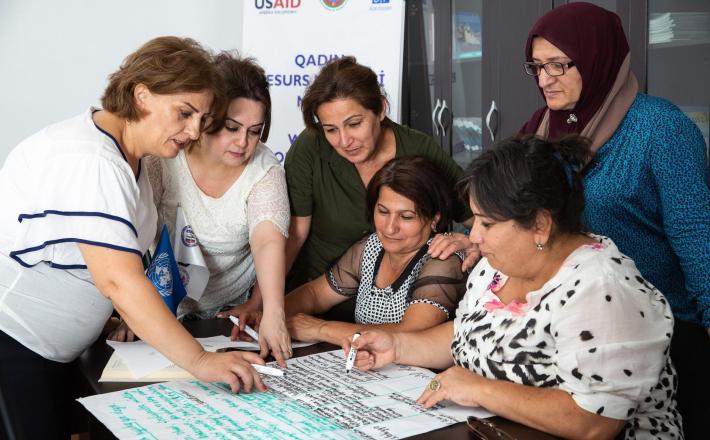Why we must work with parliaments to tackle online hate speech and gender-based violence
Source: UNDP
Recent evidence of violence against women in politics shows that online hate speech and harassment represent both serious and increasing obstacles to the ability of female political leaders to fulfil their mandates.
On 30 June, International Day of Parliamentarism, UNDP recognizes the deluge of online hate speech and abuse disproportionately and often strategically targets women leaders, driving many of them out of public and political life. Gendered online violence and parallel attacks on members of other groups at risk of being left behind, undermine inclusive, representative governance, weaken the quality and effectiveness of parliamentary democracies, and threaten the foundations of the peaceful and just societies we need for sustainable human development.
Although the number of women elected to political office has risen over the last two decades, progress has stalled or slowed in recent times.
On average, women's political representation globally has increased from 25.6 percent in 2020 to 26.2 percent in 2021. Eastern Europe and Central Asia have fared marginally better, with the average share of women in parliament rising from 25.2 percent in 2020 to 27.1 percent in 2021.
Click here to read the full article published by UNDP on 29 June 2022.

Recent evidence of violence against women in politics shows that online hate speech and harassment represent both serious and increasing obstacles to the ability of female political leaders to fulfil their mandates.
On 30 June, International Day of Parliamentarism, UNDP recognizes the deluge of online hate speech and abuse disproportionately and often strategically targets women leaders, driving many of them out of public and political life. Gendered online violence and parallel attacks on members of other groups at risk of being left behind, undermine inclusive, representative governance, weaken the quality and effectiveness of parliamentary democracies, and threaten the foundations of the peaceful and just societies we need for sustainable human development.
Although the number of women elected to political office has risen over the last two decades, progress has stalled or slowed in recent times.
On average, women's political representation globally has increased from 25.6 percent in 2020 to 26.2 percent in 2021. Eastern Europe and Central Asia have fared marginally better, with the average share of women in parliament rising from 25.2 percent in 2020 to 27.1 percent in 2021.
Click here to read the full article published by UNDP on 29 June 2022.